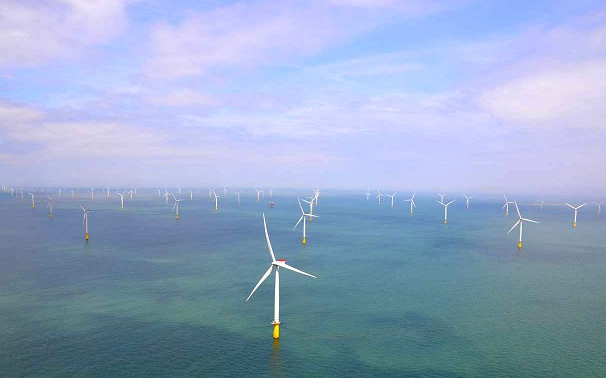Bank of America has formed a new partnership within its Catalytic Finance Initiative (CFI) that aims to direct $8 billion to “high-impact sustainable investments”.
Partners joining the initiative include investment manager AllianceBernstein; Babson Capital Management (a subsidiary of insurance company MassMutual); Credit Agricole; the European Investment Bank; HSBC; the International Finance Corporation; and Mirova (a subsidiary of French bank Natixis). All have pledged capital and expertise to develop “innovative financing structures” for investments in clean energy and other sustainability focused projects.
In addition, several long-term institutional investors within the recently-formed Aligned Intermediary group, will collaborate with the partnership on specific investment opportunities.
The main aims of the partnership will be to promote the UN’s sustainable development goals, including acting on climate change and improving access to clean energy and water.
“By providing $8 billion in commitments, we can help to advance new investment opportunities in clean energy as well as other sustainable development goals and achieve the necessary scale for a positive impact on climate change,” the partnership said in a joint statement.
The CFI was launched by Bank of America in 2014 with a $1 billion commitment and a goal tostimulate at least $10 billionin new investment into high-impact clean energy projects. It has subsequently expanded to include other financial organisations with their own capital commitments and expertise in various areas of specialist finance.
A major initial goal was to widen the institutional investor base by de-risking opportunities in the clean energy sector, through the use of structures such as ‘first loss’ and mezzanine tranches, risk guarantees and new insurance products.
Other financing structures deployed by the partners include green bonds, project finance, green asset-backed securities, and blending public and private finance.
The expansion of the CFI complements Bank of America’s pledge, in July last year, to increase its own ‘environmental business initiative’ to $125 billion by 2025 from $50 billion. This commitment includes advisory services, capital raising and other financial services, as well as lending.
Graham Cooper
